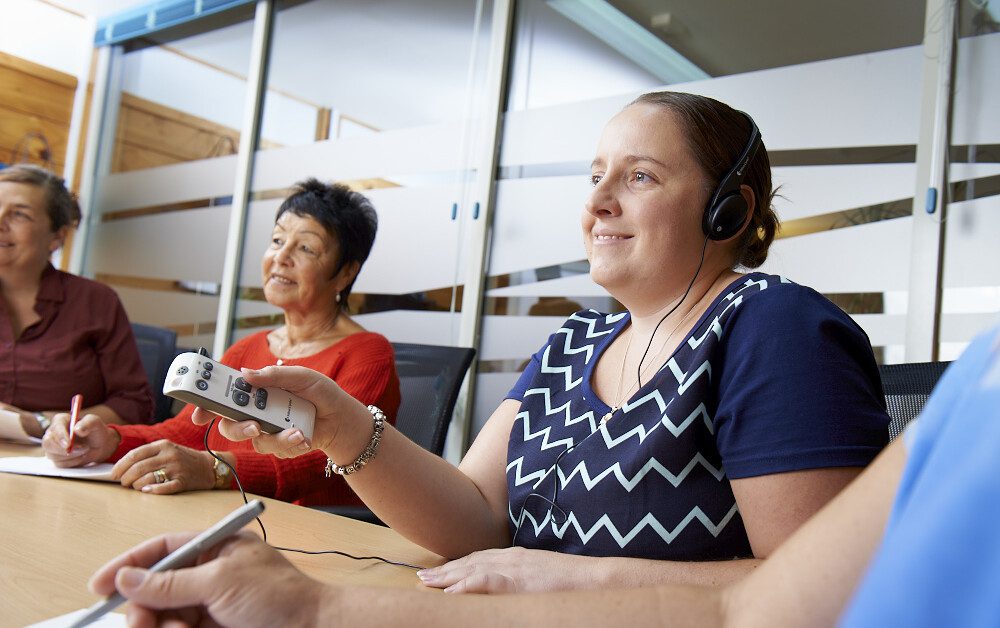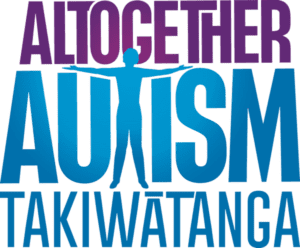
Some people living with hearing impairment may benefit from assistive hearing and alerting equipment. These can support individuals to remain active in the community; help with work or study; or enable them to remain living safely in their home.
If you think you need equipment, Whaikaha – Ministry of Disabled People may be able to help if you are a New Zealand resident and you have permanent hearing loss which isn’t covered by ACC.
Victoria Lessing knows it can be difficult finding out what types of equipment are available for people who are Deaf or hearing impaired. She talks with us as part of our Question Time series.
Alerting equipment
Alerting equipment utilises stimuli like sound, light and vibrations to alert you to specific events so you can live safely and independently in your home, or provide care for a dependent person in your home.
Alerting equipment can let you know when someone rings your doorbell or if your baby cries out at night. They can also alert you in the event of a fire in your home.
Personal listening devices
Not all people with hearing loss will choose to wear hearing aids, and some may have ongoing difficulties managing their hearing aids effectively. In these cases, they may prefer to use a personal listening device.
Personal listening devices are small handheld devices attached to a set of headphones or earbuds. They are designed to increase sound levels and reduce the impact of background noise. They may be useful for watching TV, attending meetings at work or having a one-on-one conversation.
The assessment process
All Life Unlimited (now known as Your Way | Kia Roha) hearing therapists are accredited assessors for assistive hearing and alerting equipment. You can also contact Deaf Aotearoa to find an assessor.
An assessor will meet with you and complete an assessment of your needs and recommend the types of assistive listening devices and alerting equipment you need to live safely and independently in your home.
Suppose you are unable to self-fund the purchase of assistive and alerting equipment yourself. In that case the assessor will make an application to Accessable (if you live in Auckland or Northland) or Enable New Zealand (if you live elsewhere in New Zealand) for funding assistance on your behalf.
Some equipment, such as amplified telephones and doorbell alerts, may not be funded by the Ministry of Health if they are not essential for you to remain living safely and independently in your home.
Your local hearing therapist from Your Way | Kia Roha can still give you information about the types of equipment you could find helpful, and where you can purchase them. They can also help you learn to use your assistive hearing and alerting equipment. Your Way | Kia Roha Hearing Therapy is a free service.
Find out more about equipment for people who are Deaf or have hearing loss from Whaikaha – Ministry of Disabled People.





